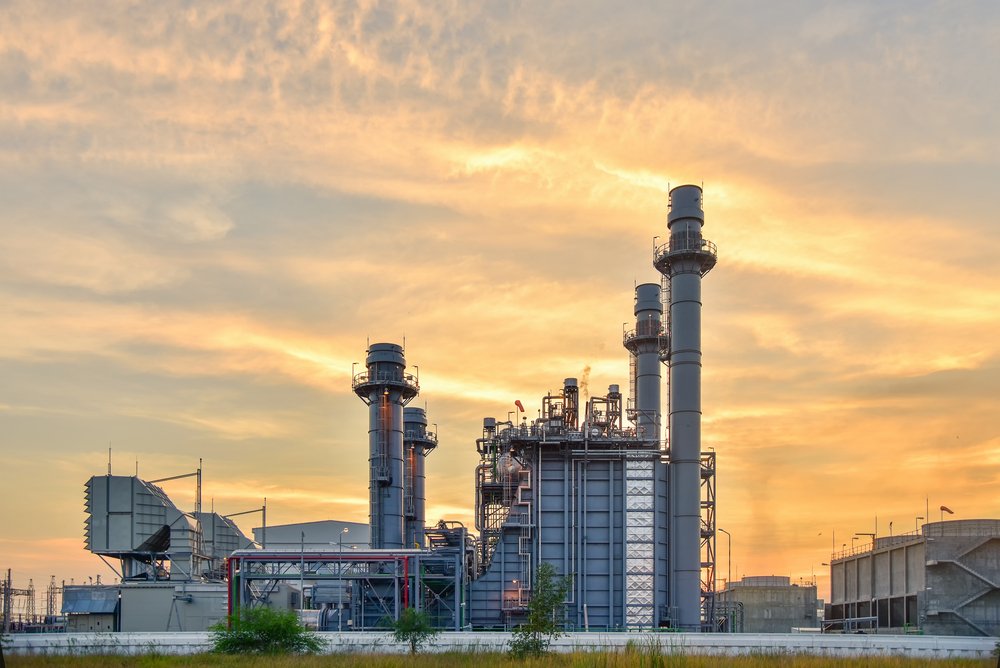Germany is facing an energy supply bottleneck. According to the Federal Network Agency, a total of 35.5 gigawatts of dispatchable power must be connected to the grid by 2035, which will require the construction of around 71 new gas-fired power plants. This is the only way to guarantee security of supply in times of fluctuating wind and solar production. The rising electricity demand cannot be reliably met otherwise. (welt: 03.09.25)
Billions needed for new gas-fired power plants
The latest report from the Federal Network Agency cites investments totaling several billion euros. A single 500-megawatt gas-fired power plant costs between 600 and 800 million euros. Since the expansion of wind energy is stalling and photovoltaics could be slowed by grid regulations, politicians are focusing on the massive construction of new gas-fired power plants. Without these plants, the entire energy transition would be jeopardized because the rising electricity demand would not be met.

Former Economics Minister Robert Habeck failed to gain approval for subsidies in Brussels. His successor, Katherina Reiche, is now trying to reach a solution with the EU Commission. Without subsidies, the industry hardly expects the rapid construction of new gas-fired power plants.
Resistance to gas-fired power plants from climate circles
Criticism remains fierce. Katherina Dröge of the Green Party warned: “A policy that relies on gigantic quantities of fossil gas-fired power plants without moving toward hydrogen will burn up our future and harm the German economy.” Environmental organizations even announced an “autumn of climate resistance.”
The German Environmental Aid Association presented a survey showing that 59 percent of the population rejects new projects. Among CDU/CSU voters, the rejection rate even rose to 71 percent. Opponents point to storage and flexible consumers, but the Federal Network Agency considers these solutions alone insufficient.
Storage is not enough
Batteries in households usually fill up quickly and are of no use during long winter periods without sun or wind. Flexible consumers such as wall boxes or production facilities contribute, but cannot replace 35.5 gigawatts. The authority calculates a flexibility of 25 gigawatts, which corresponds to the capacity of 25 nuclear power plants. This is insufficient to ensure security of supply.
The expansion of wind energy remains far behind schedule, and there is also little progress in ramping up the hydrogen economy. Even the number of electric cars, whose batteries are intended as intermediate storage, is growing much more slowly than projected in the energy transition scenarios.
Coal as a fallback option
In its report on security of supply, the authority refers to “controllable power plant capacity.” This would allow coal-fired power plants to run longer in an emergency. If Brussels does not approve subsidies, this would be the only option to secure electricity demand.
The technological openness in the paper, however, seems theoretical, as the term “gas-fired power plants” appears over 50 times. The Federal Ministry for Economic Affairs and Energy also refers exclusively to this option. Since hydrogen availability is slow worldwide, a mandatory conversion is considered unlikely. Projects without funding remain unattractive for investors.
Risk to Energy Supply
The Federal Network Agency warns: From 2030 onwards, the market will not be able to meet electricity demand at all times. In such cases, reserves outside the regular electricity market would have to be activated. A secure energy supply therefore directly depends on new construction.
Minister Reiche announced the first calls for funding this year. Whether the EU will approve them in time remains unclear. However, one thing remains clear: without new gas-fired power plants, Germany faces a serious setback for its energy transition and security of supply.
